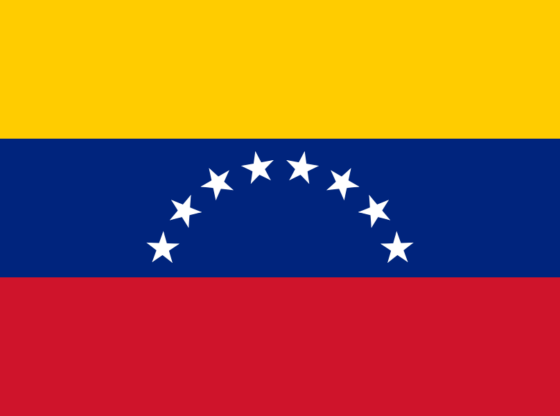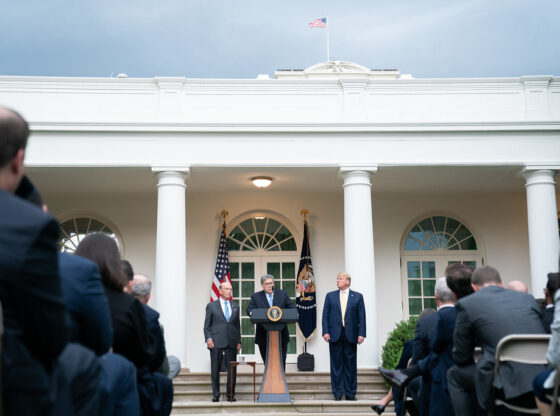 Photo by: Estlow Intl Center
Photo by: Estlow Intl Center
Floyd Abrams, the prominent First Amendment attorney, praised the Bush Administration for permitting widespread access by journalists to the front lines during the invasion of Iraq but chastised the White House for its secrecy and restrictive interpretation of the Patriot Act, enacted after the Sept. 11 terrorist attacks.
“I view the attacks of Sept. 11 as a transformational event in American history,” Abrams said.
About 200 students, faculty and community members attended Abrams’ lecture last Wednesday in the Newman Performing Arts Center. The lecture was titled “The Bush Administration and the First Amendment.”
Abrams also received the Anvil of Freedom Award from the Estlow International Center for Journalism and New Media at the School of Communication.
Abrams contrasted media’s unrestricted coverage of the invasion of Iraq to the restrictions journalists faced in reporting the Vietnam War, the invasion of Granada, and, more recently, Afghanistan.
Abrams, however, pointed to areas where, in his view, the Bush administration has restricted legitimate access protected by the Bill of Rights.
He said that too many documents are classified and those being investigated by the FBI do not have access to information why and for what actions they are being investigated.
“This administration functions in a culture of secrecy,” Abrams said.
Abrams found issue with the provision of the Patriot Act that permits access by government agents to library records of what materials patrons have borrowed and the provision for law-enforcement agents to perform searches without informing a property owner that a warrant has been issued.
Questions following his address focused on the First Amendment implications of “no call lists,” the cancellation of the Howard Stern radio show and the “Move On” advertisements during the Super Bowl.
Questions also focused on the secrecy of the Bush administration and how such policy is affecting the involvement of America’s youth in politics.
The Estlow Lecture and the awarding of the Anvil of Freedom Award are annual events that began in 1993 when the award was given to James Squires, a political writer and former editor of the Chicago Tribune.
The award was created to recognize individuals whose careers embodied leadership, especially in the area of First Amendment rights.
Pass recipients include Geneva Overholser (2002-2003), Katharine Graham (2001-2002) and William R. Burleigh (2000-2001).
Chancellor Dan Ritchie introduced Edward W. Estlow, DU alumnus and DU board of trustees member, who endowed the Anvil of Freedom Award, as well as the Estlow International Center for Journalism and New Media. Estlow, in turn, introduced Abrams.
Abrams is a partner in Cahill Gordon and Reindel, a New York law firm. He is also the William J. Brennan, Jr. visiting professor of First Amendment Law at the Columbia Graduate School of Journalism.
Abrams has argued many First Amendment cases before the U.S. Supreme Court and became well known when he acted as co-counsel to The New York Times in the Pentagon Papers case that involved release of information about the Vietnam War.
Abrams’ appearance was co-sponsored by Bridges to the Future project that is in its second year.
A partnership with Colorado State University, the project’s theme this year is “Nation-Building: Global and Local Challenges.”











